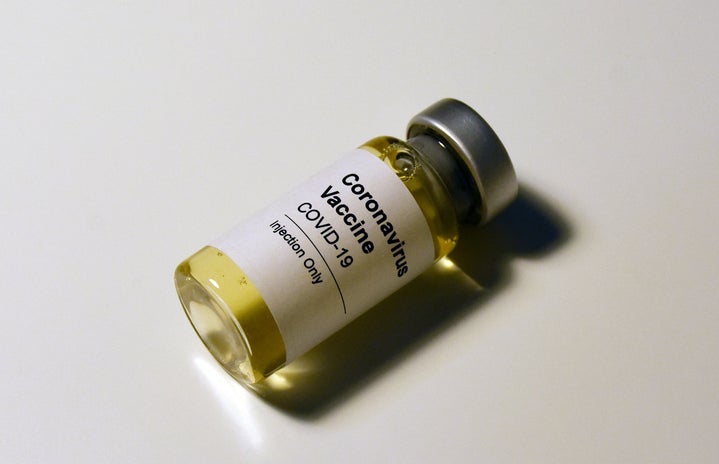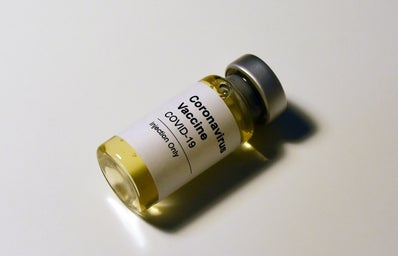Still unsure on whether or not you should book an appointment for the COVID-19 vaccine? Here’s a couple of myths debunked about the vaccines’ safety and efficiency.
- FICTION: The vaccine is unsafe.
-
FACT: Clinical trials for all three current COVID-19 vaccinations (Pfizer, Moderna, and Johnson & Johnson) have proved the vaccines to be extremely safe for the tested demographics. All reported side effects including headaches, fatigue, and arm pain are expected and furthermore prove that your immune system is correctly responding to the vaccination. They are approved as safe to use under emergency use authorization from the FDA, with rigrorous testing required prior to approval.
- FICTION: The vaccines aren’t effective.
-
FACT: While they are not 100% effective in reducing virus transmission, clinical trials have proven that all three vaccines (with both dosages taken) reduce COVID-19 transmission between 85-95%.
- FICTION: The vaccine will alter my DNA.
-
FACT: Put simply, this is not possible. The current COVID-19 vaccines are mRNA vaccines, which work in the cell’s cytoplasm. These mRNA vaccines never enter the cell nucleus where the DNA is held.
- FICTION: The vaccines were developed too fast, so there’s no way they’re safe.
-
FACT: The mRNA vaccine technology used in the COVID-19 vaccines has been studied and tested for a number of other virsues in the past, including the flu, Zika, rabies, and cytomegalovirus (CMV). When information arose regarding the COVID-19 virus, scientists were able to develop the pre-existing technology in mRNA vaccinations to build the unqieu spike protein to combat COVID-19.
- FICTION: The vaccine is used to track people through microchip insertion.
-
FACT: There is not, and has never been a microchip in the vaccines. The vaccine is composed of mRNA, lipids (fats), salts, and other stablizing agents that have often been used in other medications prior.
The COVID-19 vaccine is used to protect people who come in contact with the virus from becoming ill. In order to gradually return to a more normal routine, it is extremely imperative for more and more people to get the vaccination.



